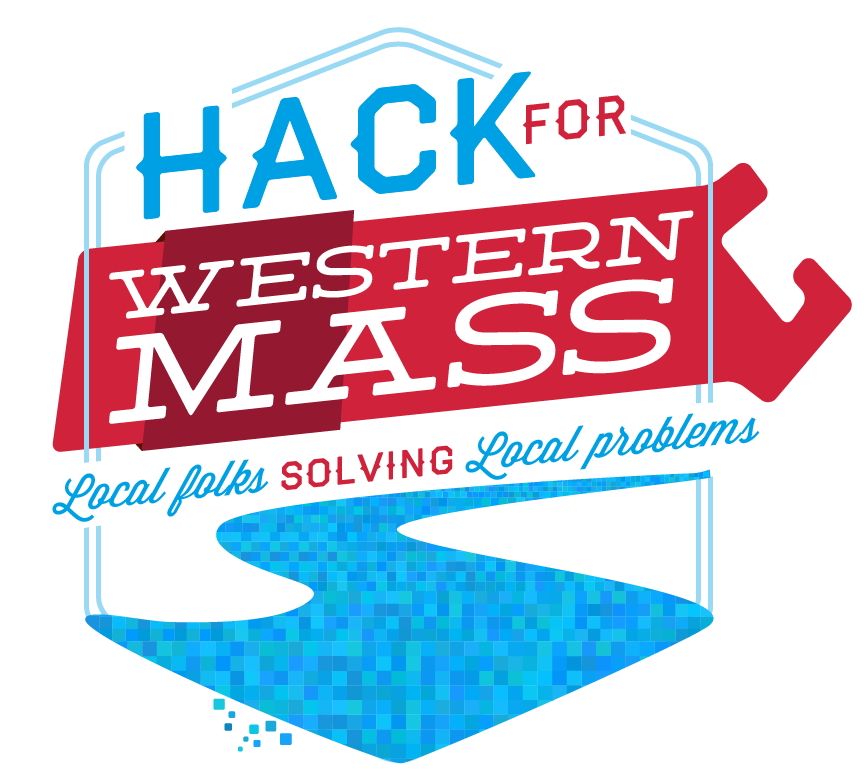 University of Massachusetts President Robert L. Caret has appointed Professor Jane Fountain (political science and public policy) a distinguished professor.
University of Massachusetts President Robert L. Caret has appointed Professor Jane Fountain (political science and public policy) a distinguished professor.
Fountain is a world-renowned expert on using technology to improve government services and accountability: She founded the National Center for Digital Government and has served as chair and vice chair of the World Economic Forum’s Global Agenda Council on the Future of Government. Fountain is also highly regarded in the United States for her research on innovative and effective governance structures.
“We are honored to have Jane as a faculty member at the Center for Public Policy and Administration,” said Kathryn McDermott, CPPA’s acting director. “Jane is a world-class researcher, but also makes a point to convey that research to people in the trenches. She is committed to using her findings to ensure that governments around the world make information more openly accessible to their citizens.”
Long before Fountain had a leadership position at the World Economic Forum’s Council on the Future of Government, she was considered a global expert on the subject. Her 2001 book, Building the Virtual State: Information Technology and Institutional Change, was translated into Chinese, Japanese, Portuguese and Spanish. She has worked with governments and research institutions at the World Bank, United Nations and European Commission, as well as in Japan, Portugal, Spain, the Netherlands, Nicaragua, Mexico, Chile, Estonia, Hungary, Slovenia, Turkey, Saudi Arabia and the United Arab Emirates.
More recently, Fountain’s expertise has been employed closer to home. In 2012 Massachusetts Gov. Deval Patrick appointed her to his Council for Innovation, which advises the governor on opportunities to use technology to streamline delivery of services to people, businesses and local governments. Fountain is also an elected fellow of the National Academy of Public Administration, an independent body that helps government leaders build more effective, efficient, accountable and transparent public sector organizations.
At UMass, Fountain directs the National Center for Digital Government and heads the Science, Technology and Society Initiative, both of which are based at CPPA. The National Center was created with support from the National Science Foundation to develop research and infrastructure for the emerging field of information technology and governance. The Science, Technology and Society Initiative conducts multidisciplinary research on the intersection of science and technology with today’s social, political and economic issues.
Before coming to UMass in 2006, Fountain was a faculty member at Harvard University’s Kennedy School of Government. She earned her Ph.D. in political science and organizational behavior from Yale University; a master of education in administration, planning and social policy from Harvard University; and a bachelor’s degree from the Boston Conservatory of Music.
 Distinguished Professor Jane Fountain (political science and public policy) has been appointed to a three-year term as a member of the Experts Advisory Committee of the E-Government Research Center of the Eastern Regional Organization for Public Administration (EROPA).
Distinguished Professor Jane Fountain (political science and public policy) has been appointed to a three-year term as a member of the Experts Advisory Committee of the E-Government Research Center of the Eastern Regional Organization for Public Administration (EROPA). University of Massachusetts President Robert L. Caret has appointed Professor Jane Fountain (political science and public policy) a distinguished professor.
University of Massachusetts President Robert L. Caret has appointed Professor Jane Fountain (political science and public policy) a distinguished professor. Associate Professor Charles Schweik (environmental conservation and public policy) is one of three senior scholars worldwide to receive a new award honoring the late political economist Elinor Ostrom, the only woman to date to win the Nobel Memorial Prize in Economic Sciences.
Associate Professor Charles Schweik (environmental conservation and public policy) is one of three senior scholars worldwide to receive a new award honoring the late political economist Elinor Ostrom, the only woman to date to win the Nobel Memorial Prize in Economic Sciences. What do the public safety net, private wells, banking locally and saving seeds have in common? All are part of challenges being presented during this weekend’s
What do the public safety net, private wells, banking locally and saving seeds have in common? All are part of challenges being presented during this weekend’s  These days everyone from private funders to government agencies seems to be considering how to ensure that research — and data — is openly accessible. For example, the White House has mandated open access for federal agencies, and in Great Britain, all publicly funded scientific research now must be freely accessible to all.
These days everyone from private funders to government agencies seems to be considering how to ensure that research — and data — is openly accessible. For example, the White House has mandated open access for federal agencies, and in Great Britain, all publicly funded scientific research now must be freely accessible to all. Earlier this month CPPA lecturer Gretchen Gano addressed the American Association for the Advancement of Science during an annual meeting session titled “In the Eye of the Beholder: Engaging the Public in Societal Implications of Science.” Gano, who is also a research affiliate with the UMass Amherst
Earlier this month CPPA lecturer Gretchen Gano addressed the American Association for the Advancement of Science during an annual meeting session titled “In the Eye of the Beholder: Engaging the Public in Societal Implications of Science.” Gano, who is also a research affiliate with the UMass Amherst  Associate Professor Krista Harper (anthropology and public policy) has been named a 2013 UMass Service-Learning Faculty Fellow. As such, she receives training and support from the university’s Community Engagement and Service-Learning program to develop a new course with a service-learning component.
Associate Professor Krista Harper (anthropology and public policy) has been named a 2013 UMass Service-Learning Faculty Fellow. As such, she receives training and support from the university’s Community Engagement and Service-Learning program to develop a new course with a service-learning component.